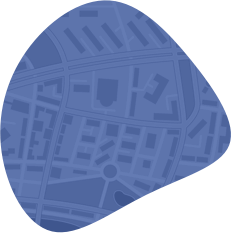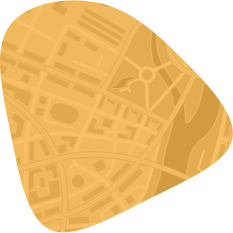
Chronic pain affects millions of people across the United States, making daily activities feel like monumental tasks. Thankfully, September brings us National Pain Awareness Month, a dedicated time to raise awareness about the realities of living with chronic pain, educate the public, and advocate for better pain management options. Pain isn’t just a symptom—it’s a condition all its own that deserves serious attention.
How did Pain Awareness Month start?
National Pain Awareness Month has roots stretching back to 2001 when the American Chronic Pain Association (A.C.P.A.) rallied several organizations—including the American Cancer Society and NAACP—to address the challenges faced by chronic pain sufferers. Their initiative, known as “Partners for Understanding Pain,” grew over time and led to widespread support and advocacy efforts. By 2003, more than 30 organizations had joined the cause.
The movement continued to gain momentum in 2004 when A.C.P.A. released its first toolkit to educate both medical professionals and the public on pain management strategies. The success of these early efforts laid the groundwork for the grassroots campaigns that followed.
Why does chronic pain matter?
Chronic pain is more than just a lingering ache—it’s a life-altering condition that affects people both physically and emotionally. Many people experience isolation and mental health struggles, as their discomfort can prevent them from fully participating in life’s most basic activities.
What’s even more frustrating? Chronic pain often lacks a clear cause. Sometimes it results from an injury, but other times, the source remains unknown. Regardless of the root cause, chronic pain can lead to long-term emotional and physical distress, and impact quality of life in profound ways.
How can I participate in Pain Awareness Month?
There are many ways to get involved during Pain Awareness Month, whether through volunteering, sharing your own experiences, or organizing awareness events. Here are a few ideas to consider:
Volunteer your time
Chronic pain isn’t always visible, which can lead to misunderstandings or skepticism from others. By volunteering at local organizations, you can help amplify the voices of those who live with chronic pain and ensure their struggles are recognized and validated.
Become an advocate
If you’ve experienced chronic pain or know someone who has, consider sharing your story. Personal narratives help break down the stigma surrounding pain. It also encourages others to seek help and support when they need it.
Collaborate with others
Join forces with support groups or organizations focused on chronic pain. Hosting events, webinars, or even social media campaigns can significantly increase awareness and support for this important cause.
How can a pain management specialist help?
A pain management specialist diagnoses and treats chronic pain. They also help patients manage their symptoms. They can use advanced diagnostic tools such as imaging studies, nerve conduction tests, and thorough evaluations to pinpoint the source of your pain. They may also assess your specific pain condition, lifestyle, and medical history to create a treatment plan that combines physical therapy, medications, injections, or minimally invasive procedures.
In cases where traditional treatments fail, a pain management specialist can offer nerve blocks, spinal cord stimulators, or radiofrequency ablation to target the nerves transmitting pain signals and provide longer-lasting relief. They may combine these treatments with medications while minimizing side effects and dependency.
Some pain management specialists use regenerative treatments such as Stem Cell Therapy and Platelet-Rich Plasma injections to accelerate healing and provide relief without the need for invasive surgery. Even after surgery, a pain management specialist can help you recover from post-surgical pain.
Don’t hesitate to get treatment for your chronic pain
Chronic pain doesn’t have to rule your life. Dr. Stephen Wade and Dr. Monir Mohar, both board-certified pain management specialists at IMC Bone Doc, are dedicated to helping patients regain control over their lives. With strong foundations in both surgical and non-surgical approaches, they utilize advanced diagnostic tools and minimally invasive techniques to treat musculoskeletal, orofacial, and spinal pain.
Our pain management specialists are well-versed in groundbreaking treatments. If you're struggling with chronic pain, acute pain, or pain from a work injury or an injury sustained in a car accident, we are here to help. Contact one of our New York offices to schedule a consultation and explore your options for lasting relief. We have offices in NYC and throughout New York State.
"I did about 8-10 sessions of physical therapy with them for a right hip pain that I was having for years, …. My pain has now been gone, great place, great attitude of the staff members…." — Lynox M.






















